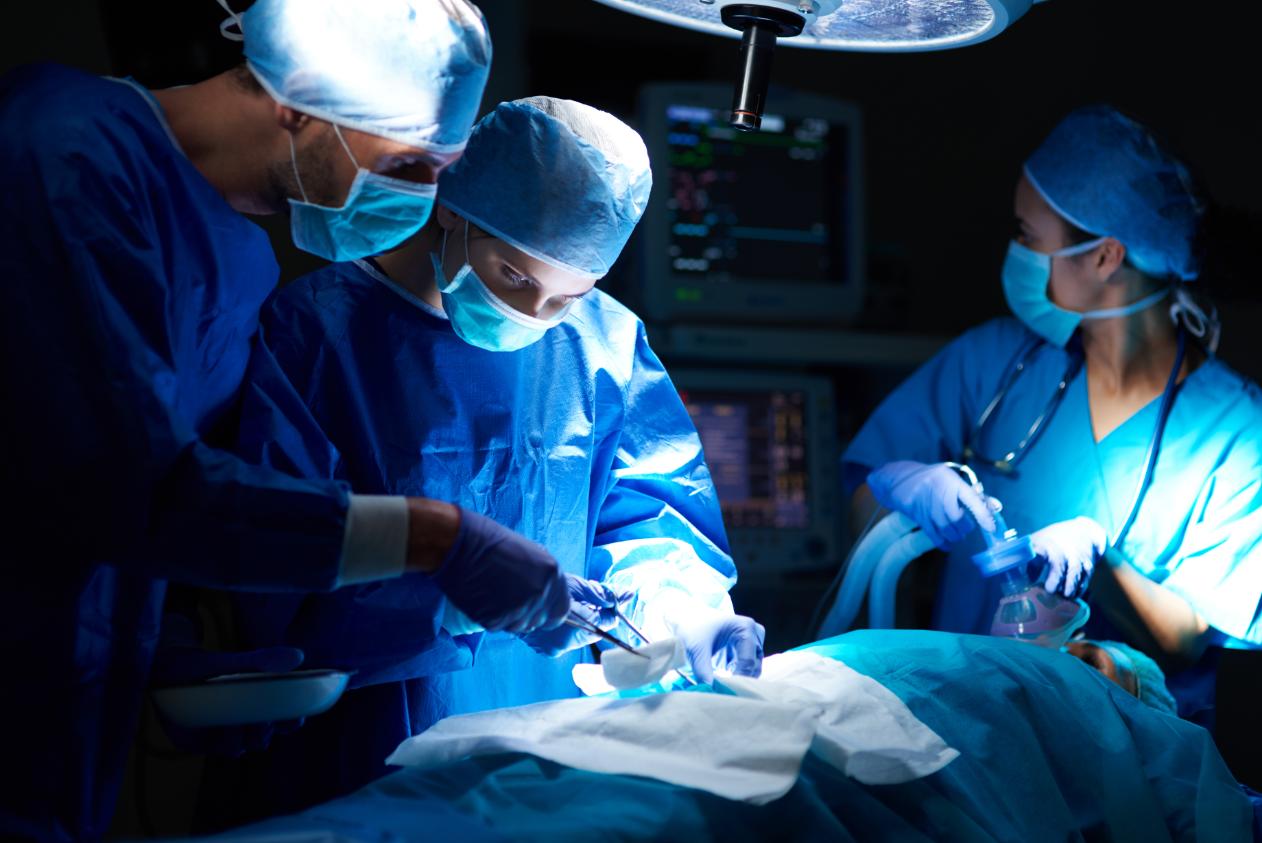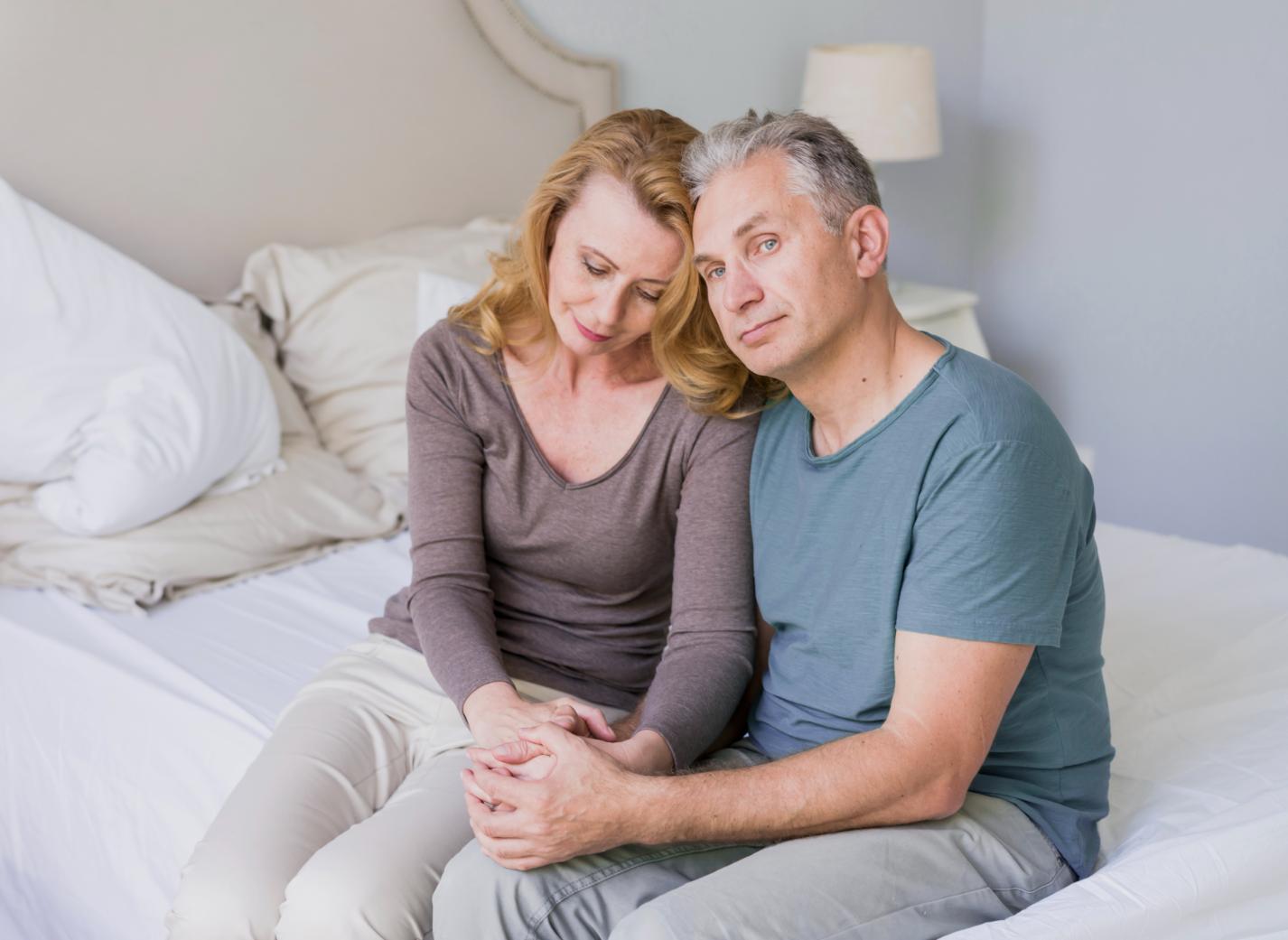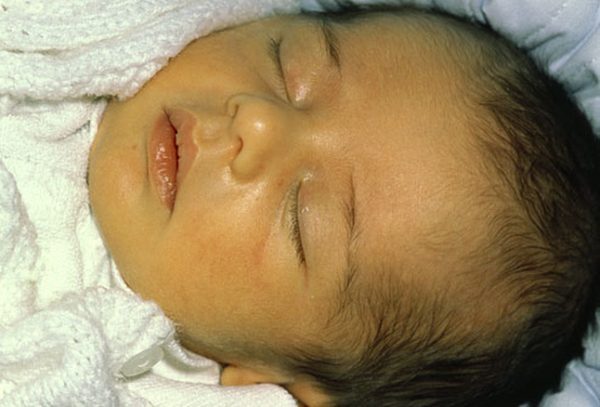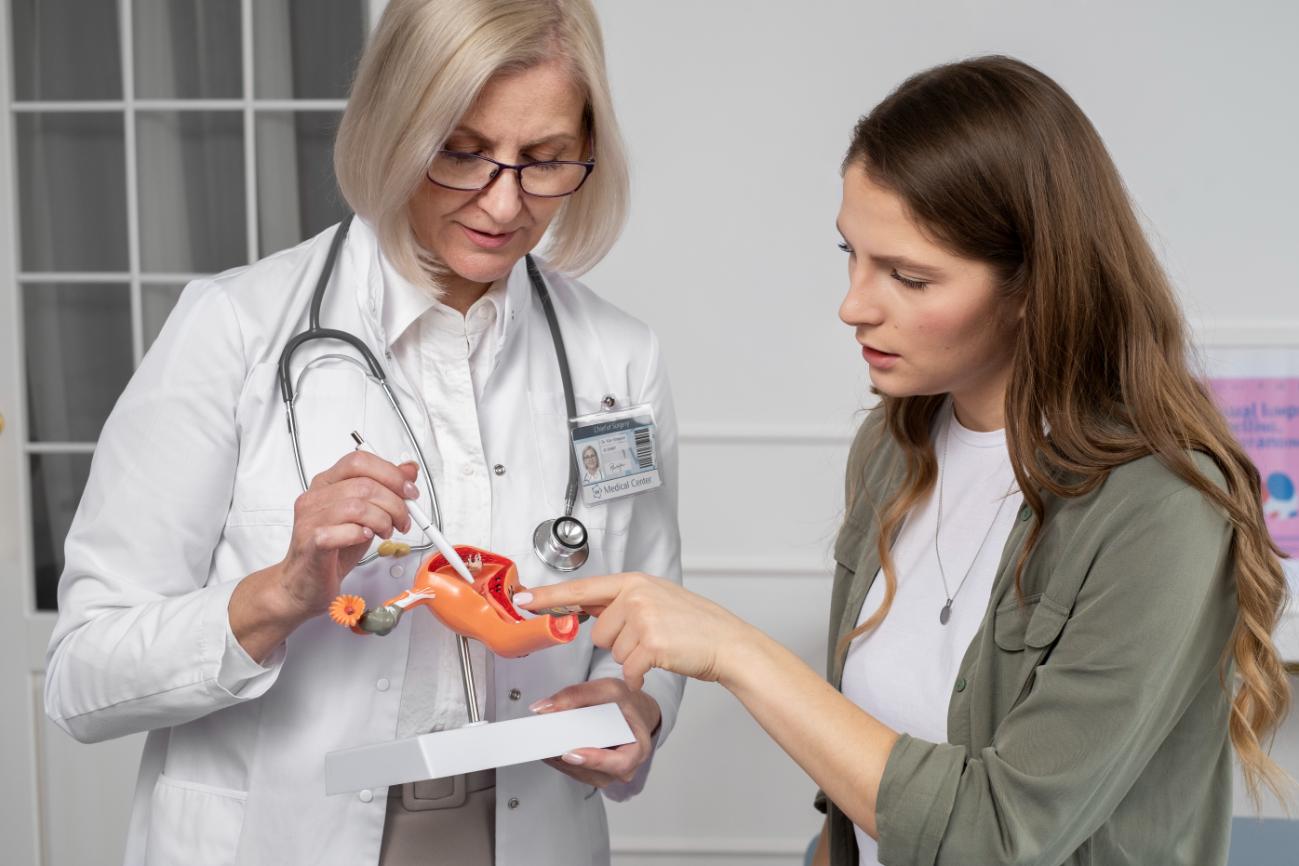
Abdominal pain during pregnancy is not uncommon, and many women experience it during different stages of pregnancy. Feeling discomfort and abdominal pain is quite normal as your body goes through significant changes to accommodate the growing baby. Women experience mild and dull pain in their pregnancy as the uterus expands, and the organs feel the pressure as the baby grows in size. The pain can occur in the upper or lower abdomen and is seldom a sign of something serious. Learn about what causes abdominal pain during pregnancy and when to consult a doctor.
Common Causes of Abdominal Pain During Pregnancy
Almost all women experience abdominal pain at some point in their pregnancy, and it generally does not cause any harm to the baby or the mother.
- Growing Uterus: As the uterus expands, it shifts your bowel, resulting in abdominal bloating and a sensation of fullness. It is also accompanied by either sharp pains or a mild pulling sensation.
- Round Ligament Pain: When the uterus stretches to make space for the growing baby, the two large round ligaments that pass through the groin from the uterus also expand, which can cause sharp or dull pain in the abdomen, as well as in the hip and groin. Women experience round ligament pain usually in the last half of pregnancy when they cough, sneeze, or change their position suddenly. Round ligament pain usually goes away on its own.
- Constipation and Gas: Constipation and gas are quite common in pregnant women. When progesterone increases, it slows down the functioning of the gastrointestinal tract. A diet lacking fiber, lack of exercise, inadequate water intake, and anxiety can lead to constipation. It can cause cramping or stabbing pain in the abdomen. Eating fiber-rich foods and drinking plenty of water can help deal with constipation. Pregnant women should avoid foods that create gas in the stomach, such as fried food, carbonated beverages, spicy food, and dairy products.
Braxton Hicks Contractions: Also known as practice contractions, Braxton Hicks contractions can be mild but annoying. Some women may feel they are going into premature labor because of these contractions, but unlike real labor contractions, these go away when you change positions and do not come at regular intervals. Braxton Hicks contractions usually occur in the third trimester and don’t get progressively more painful as labor contractions do. Sometimes dehydration can trigger Braxton Hicks contractions, so pregnant women must drink plenty of water.
Also Read: Autoimmune Disorders That Can Complicate Pregnancy
Treatments for Abdominal Pain During Pregnancy
Since abdominal pain is rarely a symptom of serious conditions in pregnant women, taking care of a few things can help ease the pain.
If you are sitting or lying down, remember to get up slowly to reduce round ligament pain. When you feel like coughing or sneezing, bending your hips will also reduce pain. Stretching your body every day will also help reduce round ligament pain. Include more fiber in your diet and drink plenty of fluids. Remember to drink 8-10 glasses of water a day and avoid foods that can cause gas.
When is Abdominal Pain During Pregnancy Serious?
In very few women, abdominal pain can indicate pregnancy complications. If you experience severe abdominal pain along with bleeding or fever, you should immediately consult a doctor.
- Ectopic Pregnancy: Ectopic pregnancy occurs when the embryo implants in the fallopian tube rather than the uterus. Also known as a tubal pregnancy, it occurs in one out of every 50 pregnancies. Ectopic pregnancy is not safe to continue, and the doctor will suggest medical treatment. Women with ectopic pregnancy experience severe pain and vaginal bleeding, usually between the 6th and 10th weeks of pregnancy.
- Miscarriage: Miscarriage is one of the most common forms of pregnancy loss, affecting about 10% of pregnancies. It typically happens in the first 13 weeks of pregnancy and causes severe back pain, rhythmic cramping, bleeding, and passing clots from the vagina.
- Preeclampsia: Characterized by high blood pressure and protein in the urine, preeclampsia is a condition that occurs in women after the 20th week of pregnancy. Gestational hypertension can pose risks to both the mother and baby and should be treated immediately. The symptoms of preeclampsia include abdominal pain on the right side, swelling in the hands and face, blurry vision, and shortness of breath.
- Urinary Tract Infection (UTI): UTIs can cause lower abdominal pain, and pain in the lower back, the sides of the body, or above the pelvic bone. Common symptoms of UTIs are a burning sensation while urinating, a sudden urge to urinate, and bloody urine. UTIs must be treated promptly to prevent progression and potential kidney involvement.
Also Read: Amniocentesis: Everything You Need to Know About it
When to Call the Doctor for Abdominal Pain
In most cases, mild abdominal pain will go away after a while. However, if you experience the following, you should immediately seek medical attention:
- Persistent severe pain in your stomach or back.
- Pain during urination.
- Vaginal bleeding or fluid leak.
- Pain that intensifies during the night or when lying down.
- Contractions before 37 weeks, at regular intervals.
- Persistent vomiting or diarrhea.
- Severe headaches.
- Cramping in arms, legs, or chest.
- Fevers.
- Blurred vision.
 KJK Hospital is one of the best Infertility hospital in trivandrum. At KJK Hospital, We offer specialized services to pregnant women to help them overcome their difficulties. Our obstetricians offer comprehensive pregnancy care, including prenatal and postnatal care, to ensure the well-being of both the mother and baby. We also offer the best IVF treatment in Kerala for couples who have fertility issues, and we specialize in both male and female infertility treatment in Kerala. We use the latest diagnostic tools, implement ultramodern treatment processes, and observe a caring approach that turns childless couples into happy parents.
KJK Hospital is one of the best Infertility hospital in trivandrum. At KJK Hospital, We offer specialized services to pregnant women to help them overcome their difficulties. Our obstetricians offer comprehensive pregnancy care, including prenatal and postnatal care, to ensure the well-being of both the mother and baby. We also offer the best IVF treatment in Kerala for couples who have fertility issues, and we specialize in both male and female infertility treatment in Kerala. We use the latest diagnostic tools, implement ultramodern treatment processes, and observe a caring approach that turns childless couples into happy parents.
Feel free to contact us for appointments and queries.
Phone Numbers: 0471-2544080, 2544706
Email: kjkqueries@gmail.com
Subscribe to KJK Hospital YouTube Channel for more informative videos on women’s health





